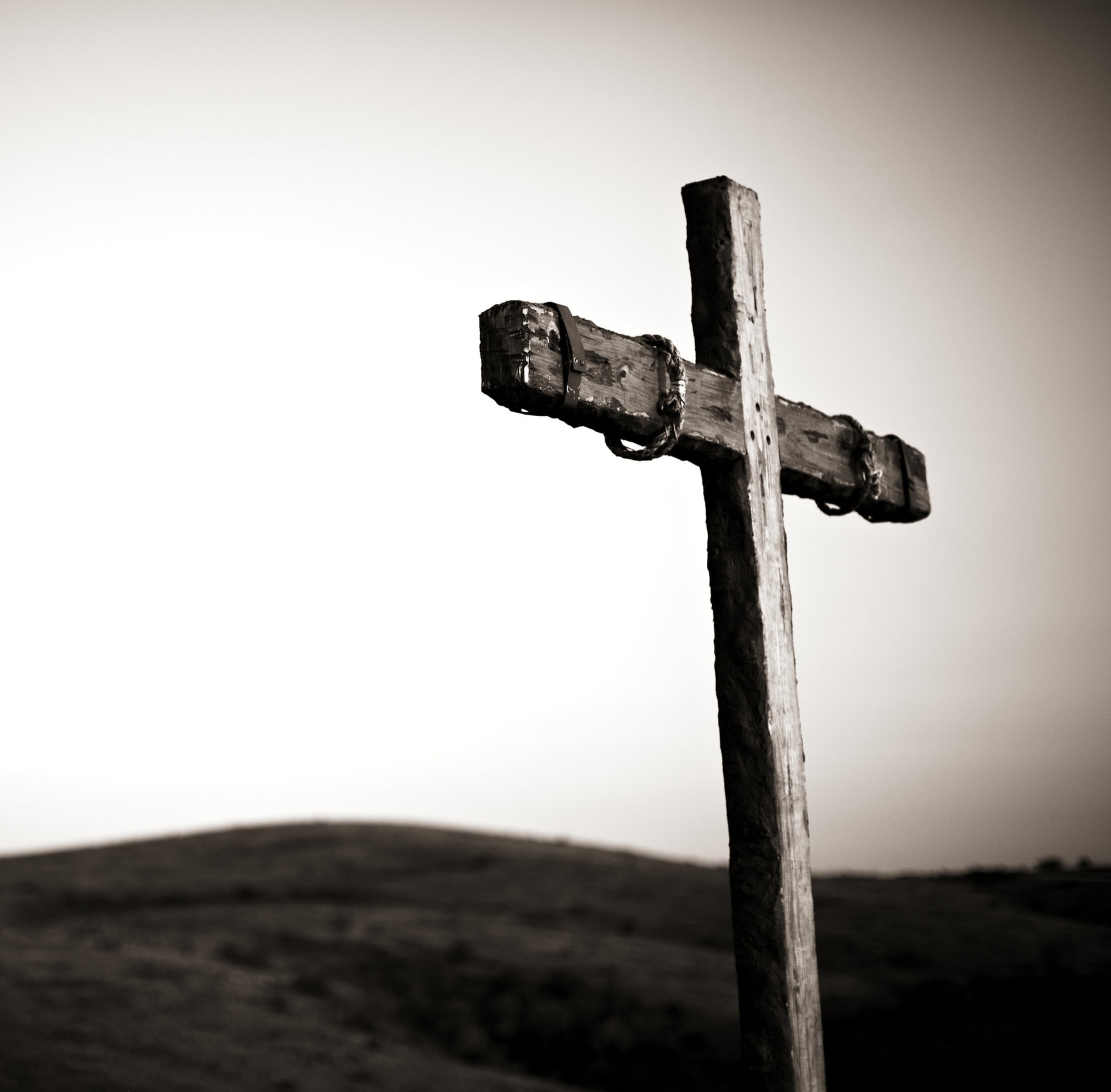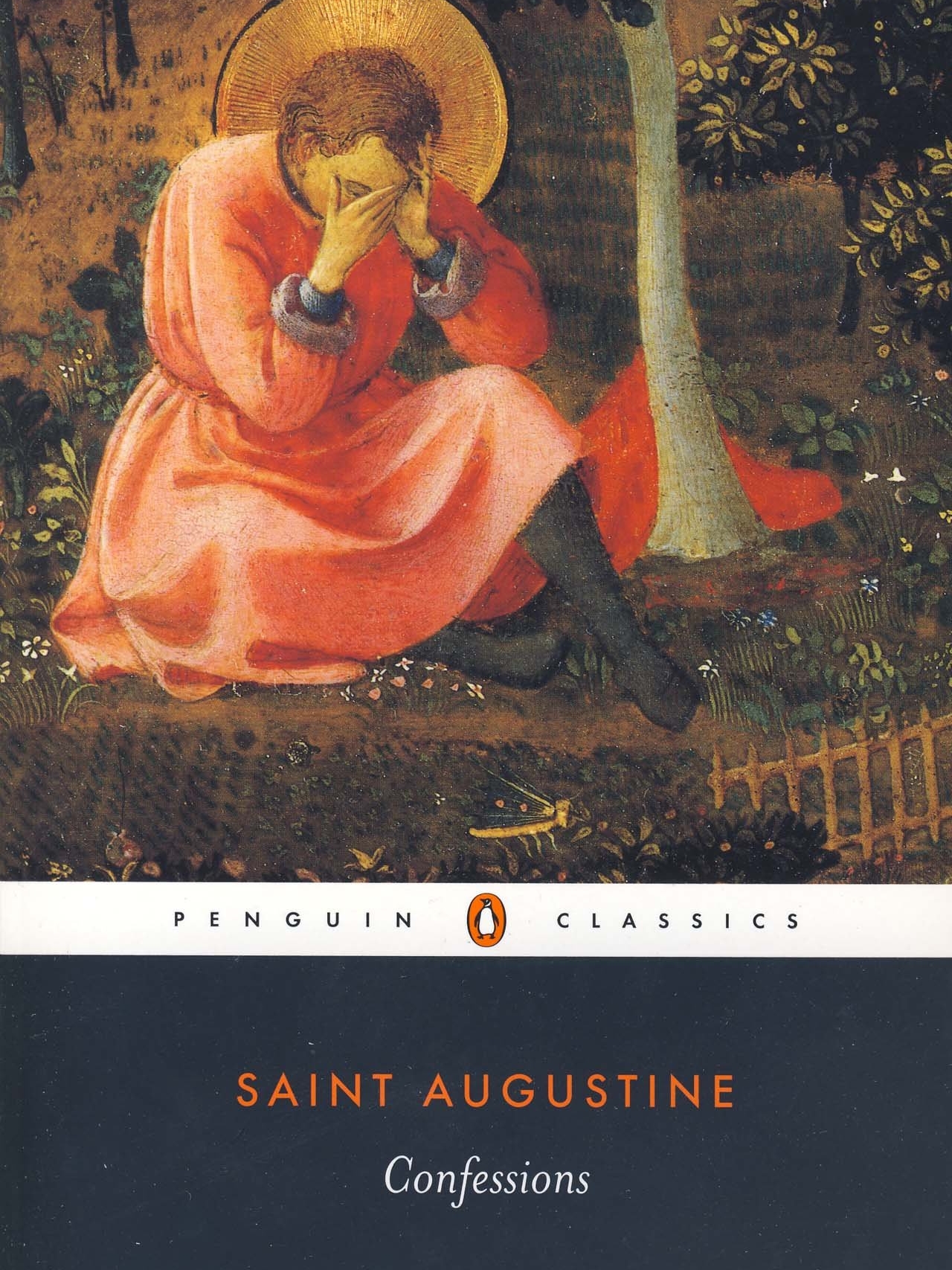ABOUT CHRISTIANITY
New to the faith or need a refresher? Here are some resources for you!
Meet Jesus
Learn more about Jesus of Nazareth, the Son of God, who died and rose again to save us from our sins, giving us eternal life, and whom we seek to follow in everyday life today. This is his essential biography from the writings of the evangelists Matthew, Mark, Luke and John.
TRY ALPHA
Want to join a small discussion group where you can share your own views without feeling judged? This acclaimed video series explores several different topics of the Christian faith.
The Apostles' Teachings
From his first followers Jesus chose apostles to preach the good news to Israel and to all nations, from Jerusalem to the very ends of the Earth. Here you'll find links to their writings, contained in the New Testament of the Bible:
Letters from Paul
Paul, once named Saul, had previously been an enemy of the Church, seeking to cast into prison and destroy followers of Jesus in the early days of the Church. After a miraculous encounter with the risen Christ, he goes on to become the Apostle to the nations.
Letter to the Hebrews
Anonymously written, this letter explains from a Jewish perspective how Jesus fulfills the Old Testament promises of God, regarding the Messiah as the ultimate prophet, priest and king.
Letters from Peter
Peter addresses the flock of God in a pastoral voice, near the end of his life, encouraging them by reminding them of the truths about God, Jesus and the gospel.
Letters from John
Jesus' best friend John speaks on how to live by walking in the light with the love that comes from God.
Classics from Church History
Online Resource Libraries & Blogs
About the Anglican Church
Don't know much about the history, substance and vision of the Anglican Church?
A new resource from Crossway Publishers, with contributors from the global Anglican Communion, is now available. Here is an excerpt from the Preface:
"Around the world today more than 80 million people in 165 countries identify themselves as Anglican Christians. The nature of that shared identity, however, is a subject of earnest discussion and often vigorous debate. Recent fissures within the Anglican Communion have left those who are part of it asking questions of foundational import: What does it mean to be Anglican? What is the nature of our global communion? To what extent are we bound to one another by shared doctrine, history, and culture? These critical questions lead to even deeper questions: What is the gospel? What is the nature of God’s grace, our faith, and eternal life? What authority does Scripture possess, and how are we to apply it?
The future of the Anglican Communion hinges on our ability to answer these deeper questions. Thankfully, we have within our shared past a vast wealth of resources on which to draw in this necessary conversation. It has been some five hundred years since the dawn of the English Reformation, that fractured, fruitful season in the life of Western Christendom during which the Church in England carved out an identity for itself vis-à-vis the Church of Rome and other emerging reform movements in western Europe.
During that period one of the clarion calls of the Reformers was ad fontes, which can be loosely translated as “to the sources.” It was a cry that reflected the Reformers’ intent to delve deeply into the text of Scripture and the interpretive traditions of the early church fathers in an effort to answer many of the same basic questions that confront the church today. This volume, the first in a planned library of six, responds to the call ad fontes in a particularly twenty-first-century way, by returning to the founding documents of the English Reformation and considering the ways in which we answered these basic questions at the dawn of our now global communion. Within these founding formularies a well-refined and theologically rich vision emerges, one that is rooted in Scripture and aligned with the teachings of the early church. It is a vision we believe is capable of reinvigorating our global communion and providing clarity in the midst of mass confusion over our shared identity. Furthermore, we believe that the rich theological heritage of the Reformation is able to give us practical guidance on life and ministry in this twenty-first century."
For further reading:
- Why We Need Reformation Anglicanism, an article by Ashley Null
- Read Chapter 1, How the Anglican Communion Began and Where It Is Going, by Michael Nazir-Ali
















